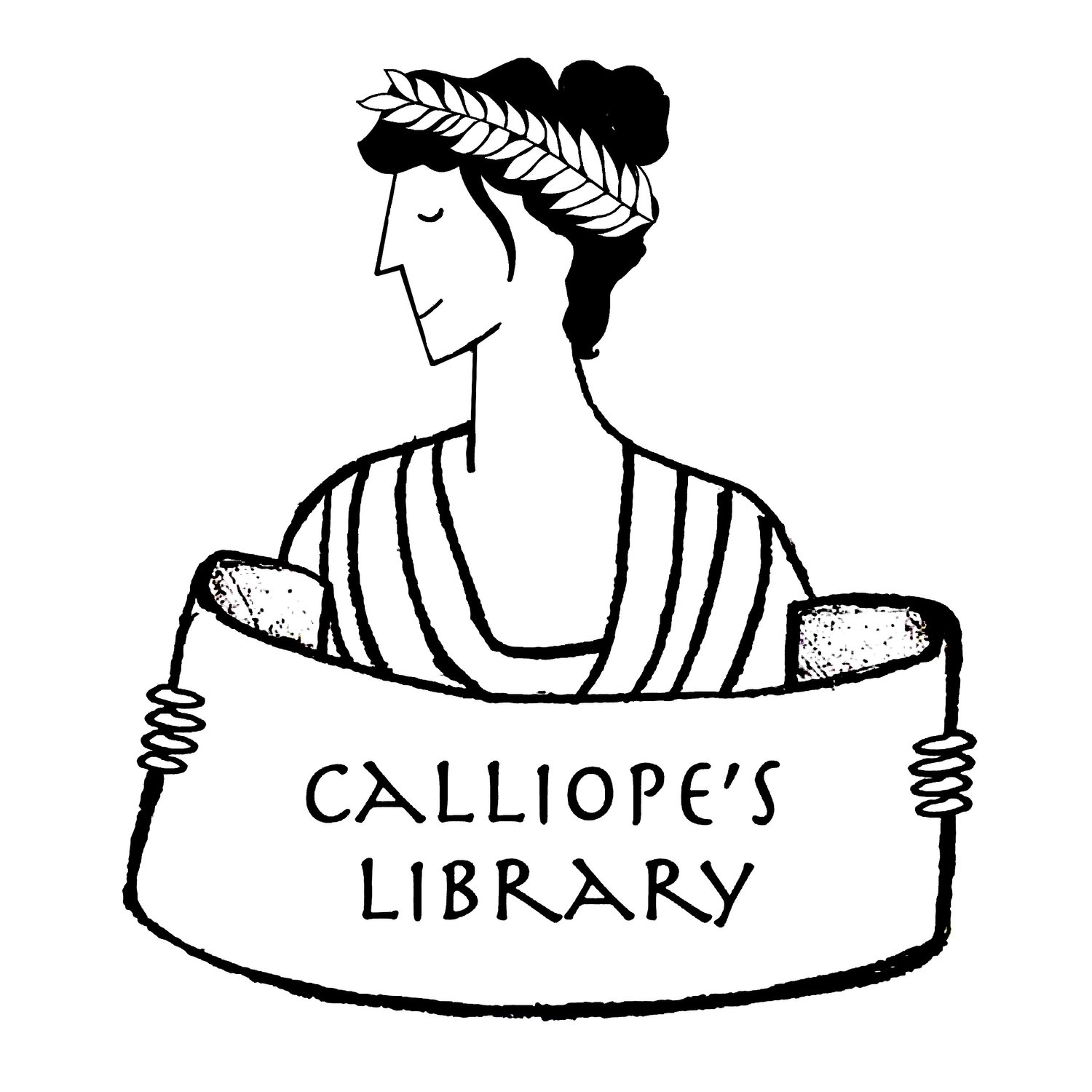Title: The Olympians: Hephaistos: God of Fire (vol. 11)
Author and Illustrator: George O'Connor
Date: 2019
Tags: Young adult, Graphic novel, Mythology, Hephaestus, Aphrodite and Ares, Prometheus, Prometheus Bound, Pandora, Ancient worlds, Racially/Ethnically diverse, English
Readers interested in a scholarly approach to children’s literature may consult this title on Our Mythical Childhood Survey*
Like all the volumes in this series, Hephaistos: God of Fire tells several myths involving Hephaistos, better known in English as Hephaestus. However, unlike previous volumes, this volume is more of a character study than a narrative. The frame is that Hephaestus and Prometheus are trading stories back and forth as Hephaestus chains the Titan to a mountainside on Zeus’ orders. (Ancient literature buffs will recognize the plot of Aeschylus’ Prometheus Bound.) Prometheus argues that the Olympians don’t deserve Hephaestus’ loyalty, and Hephaestus counters with stories that prove that he is nobody’s fool.
Each new story reveals something more about Hephaestus. He is a tragic figure in many ways, less physically perfect than his divine siblings, born with a mobility impairment, and rejected by both parents in turn. His siblings don’t respect him, his wife does not love him. Yet George O'Connor’s approach to the material shows that for every insult, Hephaestus gives back as good as he gets. The story of his trapping his wife Aphrodite and Ares canoodling together in a fine mesh net is particularly satisfying. It’s a comeuppance that’s been in the pipeline since volume 6.
O'Connor’s Hephaistos is a powerful god: a living volcano who chooses to be a gentle craftsman. With the same shapeshifting powers that all the Olympians have, he could shed his imperfections, but instead embraces them. I genuinely enjoyed seeing the Olympians world from his point of view. – Krishni Burns
* For further information on the Our Mythical Childhood Survey, please refer to the website of the project “Our Mythical Childhood” [link: http://omc.obta.al.uw.edu.pl/], led by Prof. Katarzyna Marciniak at the Faculty of “Artes Liberales,” University of Warsaw, Poland, with the participation of Bar Ilan University, University of New England, University of Roehampton, University of Yaoundé 1, and other affiliated scholars, within the funding from the European Research Council (ERC) under the European Union’s Horizon 2020 Research and Innovation Programme (grant agreement No 681202).














